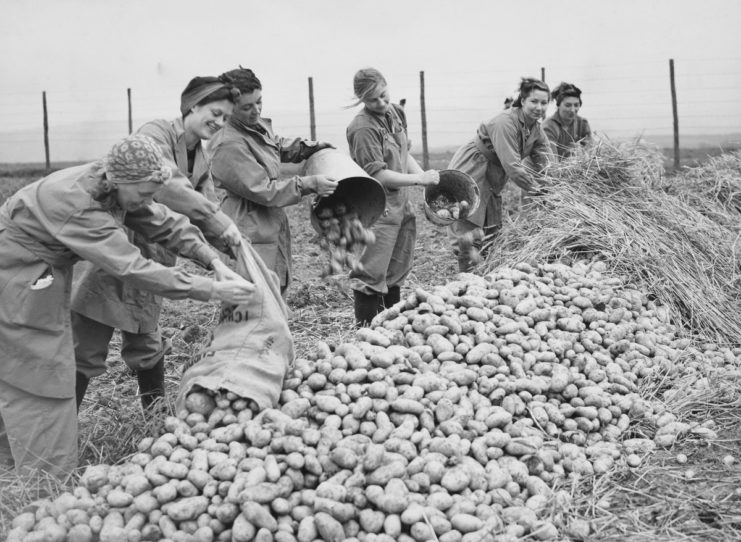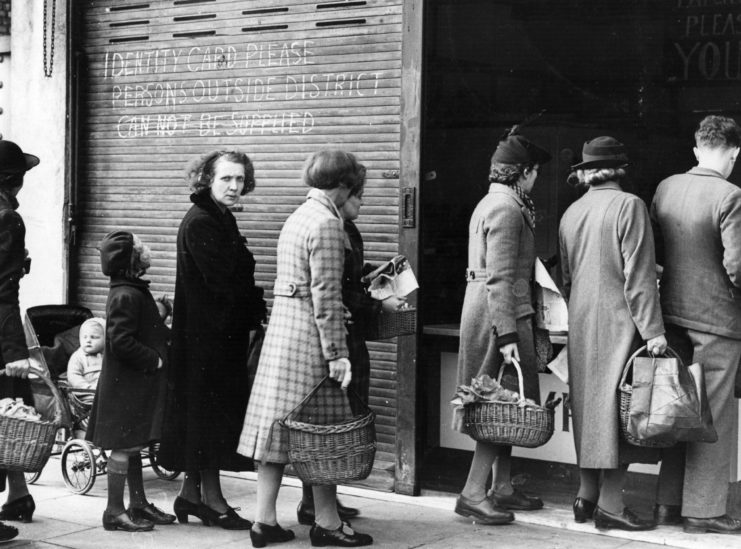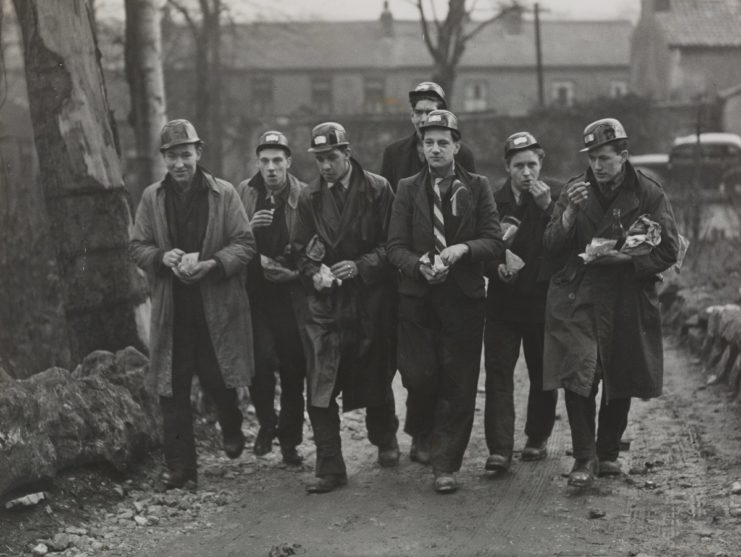Here’s How Fish & Chips Helped British Morale During WWII
You may take our tea, sugar, biscuits, and jam, but not our fish and chips!
To defeat Germany during WWII the British population had to give up staple items, mostly without much objection. They were prepared to have their gas, bacon, sugar, and butter rationed for the sake of winning the war, but fish and chips were one step too far. This classic British dish continued to be consumed without interruption for the duration of the war.
As suggested by the name, the humble meal of fish and chips contains fried fish in a crispy batter served with a portion of chips. It is not known where exactly this meal originated from, but it was extremely popular by the late 1800s. At the start of the 20th century, there were over 20,000 fish and chip shops in Britain.
Alongside tea, the meal has since become a symbol of British culture, even though ironically its two main components come from different cultures. During both world wars, fish and chips were one of the only meals that were consistently available. It was feared that if the British population was denied their fish and chips morale would suffer.
Rationing

During the world wars, military production and disruption in supply chains meant many foods and other staples of everyday items were less available, or completely impossible to source. To make sure that everyone had a fair share of these small supplies, the British government introduced rationing. At first, this affected fuel, but later came to include basics such as eggs, sugar, and jam. Meat was also rationed, although game meat was not. Things that were not rationed, like some fruits and vegetables, were still hard to come by.
The Ministry of Food issued everyone in Britain a ration book which was used to purchase foods from a specific shop. These designated shops received an allocated amount of food to be sold.
Rationing became a source of morale-boosting campaigns, like “Dig for Victory.” Governmental officials also received ration books, which helped the population feel at ease that they weren’t being unfairly treated. Even Her Majesty The Queen had one. A princess at the time, Elizabeth saved up her clothing coupons to purchase enough material to make her wedding dress.
Meanwhile, fish and chips remained a popular meal.
Maintaining fish and chips

The government ensured that there was a continuous supply of fish and potatoes during WWI and WWII.
This was important, as the supply chain for the meal, particularly the fish, was heavily disrupted. Many fishing vessels had been requisitioned by the Royal Navy, and those still in use were subject to attacks from German U-boats. The price of fish rose considerably, but the government managed to maintain a steady supply.
Reportedly the quality of the meal suffered, as Britons lacked decent fat for frying.

Not only was fish and chips an enjoyable meal, but it also saved lives in combat zones. British troops were known to use the name of the popular dish to identify friendly troops: one would shout fish, and the other would reply chips.
During WWI it is suspected that fish and chips were fed to British troops in the trenches and functioned as a key food for keeping hunger away. Belgian caterers fed British troops large quantities of oil-fried potatoes.
Post a Comment
0 Comments